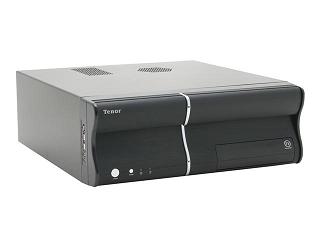Choosing Your Computer Case
The computer case is one of the many important pieces in a computer. It holds all of the pieces so that they are secure and will not be damaged. There are different form factors but the most common is ATX, which stands for Advanced Technology eXtended. This is the “traditional” form factor today. There are sub-standards for it such as Mini-ATX and Micro-ATX. These are just smaller forms of the ATX. If you are going with a small case, you will need to make sure you get the right motherboard. The regular ATX boards may not fit in Mini and Micro-ATX cases.
Once you select the motherboard style you were going to use, you need to select the case type. There are Full-Tower, Mid- Tower, Mini- Tower, Desktops, and Slim Towers. The differences between these are mostly how many external drive bays as well as hard drive bays they have. Desktops are the cases that lay down (usually underneath your monitor).
Next, you can start selecting your type of case. There are completely acrylic cases (which I am currently building and they look awesome once completed). There are cases that are different colors, and different shapes and sizes. Here are some pictures of some of the most commonly purchased. A lot of these cases have clear acrylic windows so that you can see inside the computer case.






While you should not base your entire purchasing decision on reviews, you should read through some of them to get the general outcome of the case you are looking into purchasing. Just because an item has a lot of reviews, does not mean it is the best item to choose. You also want to pay attention to how well the case will cool your components. Cooling is a very important aspect of computer case purchasing.
The final thing to keep in mind as making a computer case purchase is the power supply. The power supplies shipped with the computer cases are usually lower quality and less efficient. They do not last as long and can damage other vital computer parts when it stops working. If you are going to get a case with a power supply, do your research on the power supply in it and see if it is a quality power supply. If I like a case with a power supply and they don’t sell the case without one, I just replace it and keep if for a back-up.
If you have any questions or comments, please leave a comment on this guide, and I will do my best to answer them. I hope this guide was helpful to you and thank-you for viewing.